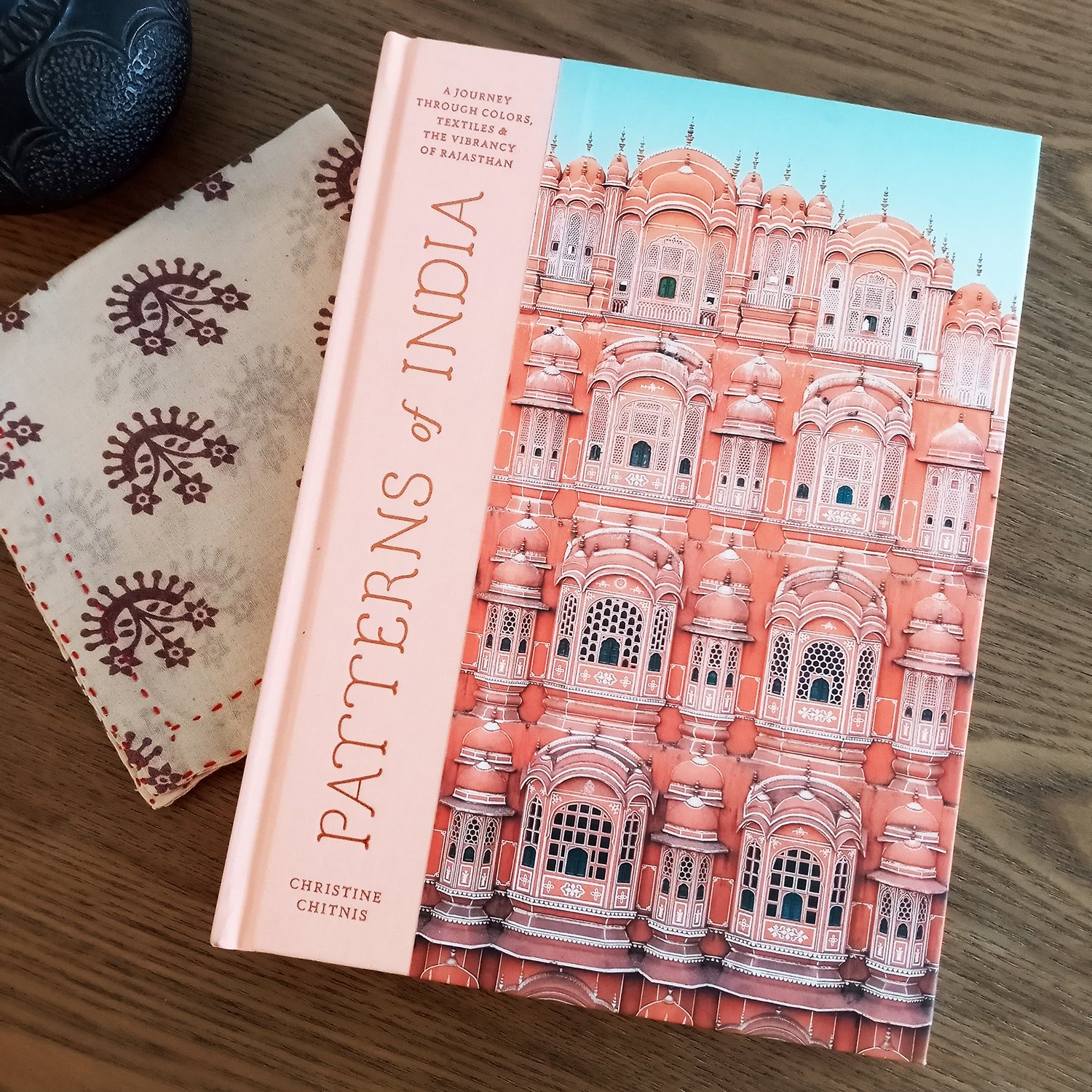The Story of Us
Like any new adventure, our story begins with a little inspiration. Take a designer and lover of travel, couple her with a desire to bring people together through craft, and you have the making of our design collective, Oryx and Fig. And what is the inspiration behind our name? Well, it lies in the southeast corner of the Arabian Peninsula, in a country with less than 3 million inhabitants: Oman.
Just thinking about this magical spot on the globe entices us. This small yet truly impressive sultanate lies right where the Persian Gulf meets the Arabian Sea. Much of the nation is part of the Arabian Desert, covered in sand and thirsty for water, but the inland mountains lead to coastal regions that are lush and fertile, perfect for cultivating grapes and other produce. As if the sweet, Georgian peach colored sand dunes transitioning to tropical foliage are not breathtaking enough, Oman boasts an incredible number of wadis (valleys), whose clear emerald waters magnificently contrast the surrounding rock and sand.
“The East is full of secrets...and because she is full of secrets, she is full of entrancing surprises.”
This country, with its diverse landscape, offers an equally unique set of flora and fauna (pretty remarkable for one of the driest regions of the world), and this is where our name was born. Both the fig tree and the oryx can sustain life in the very arid desert region of Oman yet equally revel in the wadis. The wild fig trees, in fact, are perfectly attuned to this region, as are date palms and other fruit trees. These tropical trees benefit from the coastal atmosphere and are important features around Oman’s many wadis. And equally astonishing is the story of the Arabian oryx. The last wild oryx in the country was reportedly poached in 1972, but 8 years later the Al Wusta Wildlife Reserve (formerly known as the Arabian Oryx Sanctuary) began conservation efforts and brought the species back to the region. Today, the species remains stable in numbers across the Middle East, not just Oman but also Saudi Arabia, Israel, United Arab Emirates, and Jordan. To see such a resilient and beautiful animal is a simple reminder of just what our Earth is capable of.
As specific as the name Oryx and Fig is to this incredible landscape, for us, it actually represents the authentic beauty and immeasurable strength that can be found across the globe. Sometimes it is difficult to imagine what lies beyond our own communities, but every area of this vast world is full of inspiration, from the landscape and wildlife to the many cultures and all they have passed down over generations. From the ways we tend the land, carry our food, and warm (or cool) our homes to the psychology behind adorning objects as a reflection of our beliefs, people everywhere have learned ways to best utilize their environment and surroundings for survival and to create a stable and often fruitful life.
Highlighting these aspects of life is just the beginning of our intention behind Oryx and Fig. Our design collective combines the work of talented artisans near and far, thoughtfully curated to showcase a variety of cultures and the crafts typical to their area. The artistic splendor we can find in some of the least known places is simply amazing. But what truly excites us is just how brilliantly the handwork of these various cultures complement one another and can be combined to create uniquely designed spaces.
Although there are many design styles that have flourished over the years (or trend at a moment), we at Oryx and Fig gravitate towards a more personal aesthetic that reflects the values and character of those that inhabit a space. To us, a home should not only look lovely or only serve its function, but it should have life and a soul that reaches beyond just any historic design style. A home should be lived in and enjoyed and support our well-being. Its ‘style’ should be a true extension of ourselves, our interests, and our passions.
















